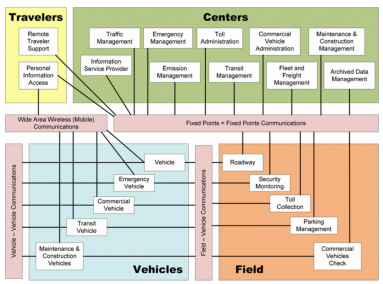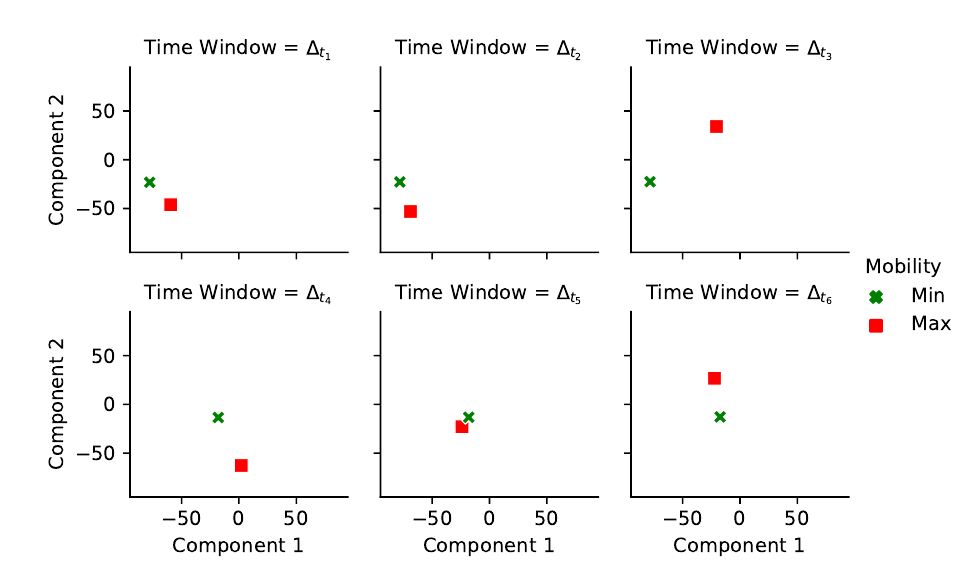Sistemas de Transporte Inteligentes: Conceitos, Aplicações e Desafios
Abstract: Urban mobility is a current problem of modern society and large urban centers, which leads to economic and time losses, higher fuel consumption and higher CO2 emissions. In the literature, it’s possible to find works that point to Intelligent Transportation Systems (ITS) as a solution to this problem, and this research topic has received the vast attention of many researchers nowadays. In this context, vehicular networks emerge as a component of the ITS, providing cooperative communication between vehicles and infrastructure and cooperating to improve the flow of vehicles in big cities. In this mini-course, the objective is to discuss ITS, presenting an overview of the area, its challenges, and opportunities. In this way, this mini-course will introduce the main concepts involved in the ITS architecture, its implementation and integration with other computer networks, and how to evaluate its performance. We will also show the main applications in the literature that cooperate for the existence of ITS. In the end, we will discuss the challenges and opportunities found in the areas of interest of the SBRC symposium, among which we highlight: data collection and fusion, characterization, prediction, security and privacy.
Felipe D. Cunha (PUC-MG), Guilherme Maia (UFMG), Clayson S. F. S. Celes (UFMG), Bruno P. Santos (UFMG), Paulo H. L. Rettore (UFMG), Andre´ B. Campolina (UFMG), Daniel Guidoni (UFSJ), Fernanda Sumika H. Souza (UFSJ), Heitor Ramos (UFAL), Leandro Villas (UNICAMP), Raquel A. F. Mini (PUC-MG) e Antonio A. F. Loureiro (UFMG)
Founding agency: CAPES, CNPq, FAPEMIG.





Leave a comment